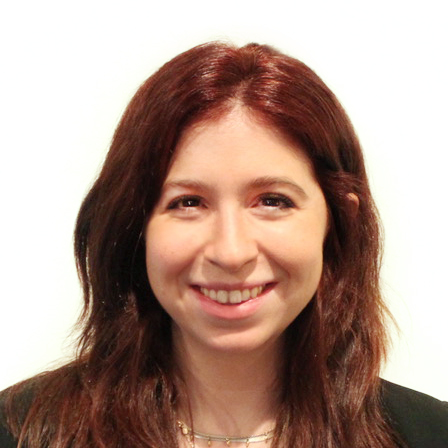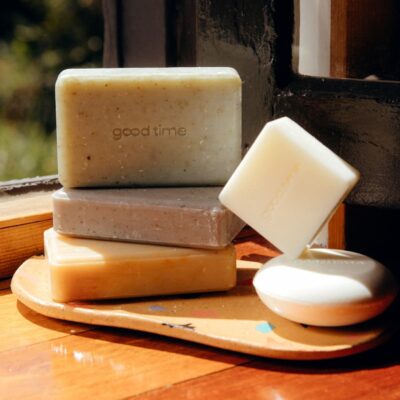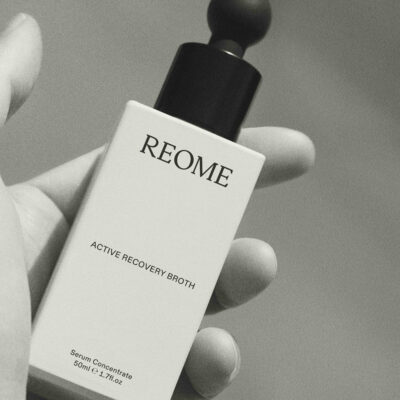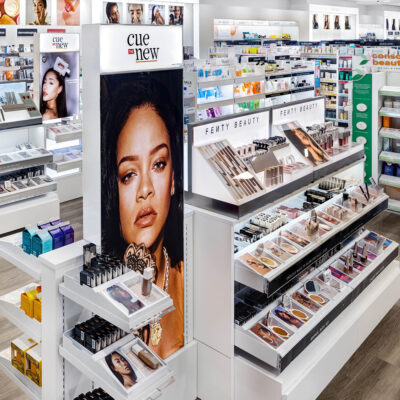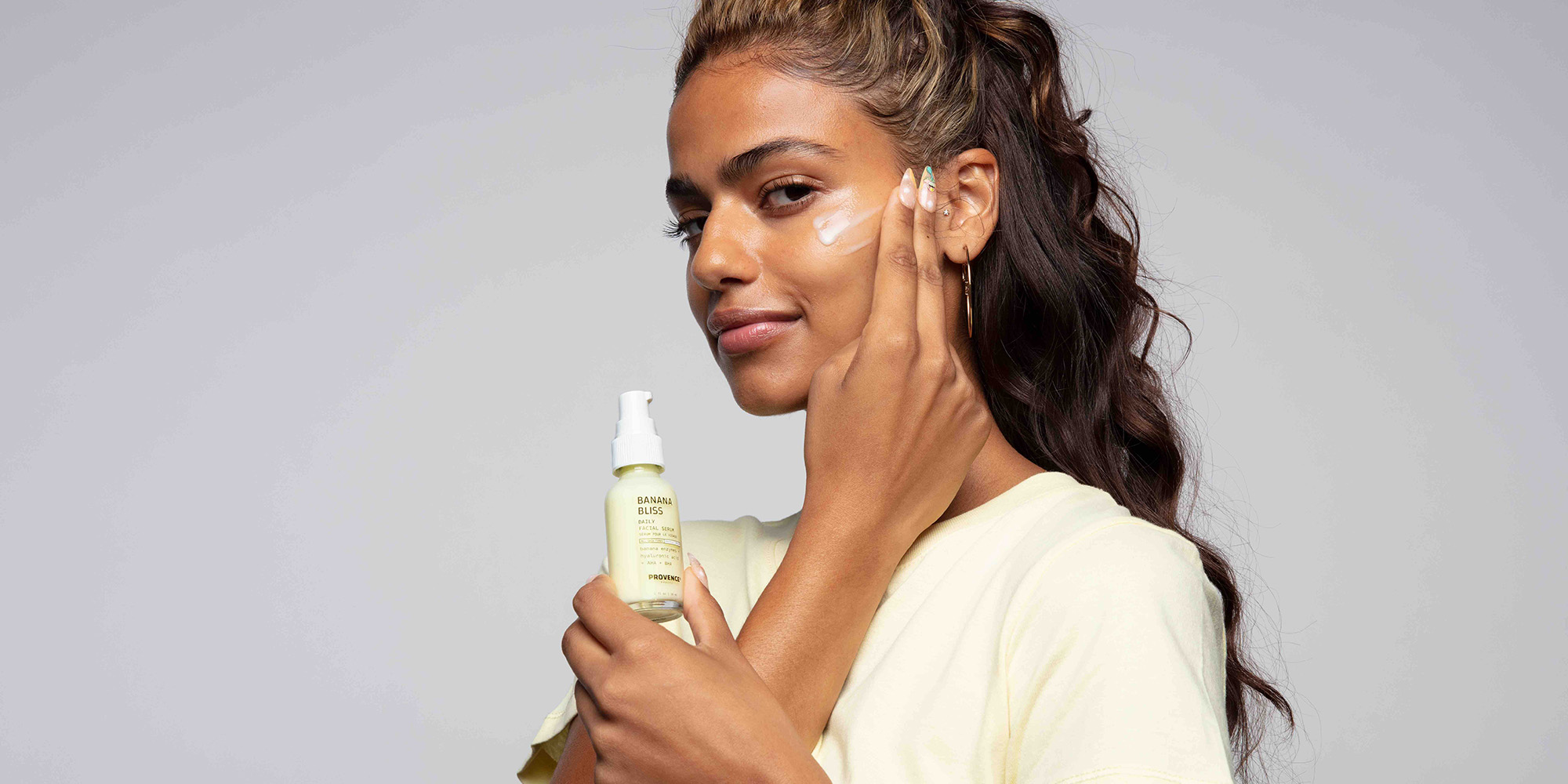
CurlMix, Typology And Provence Beauty Founders Break Down Various Paths To Scaling A Brand Today
The path to scale is as unique as a beauty brand itself.
From paid media to large-scale retail partnerships, brands pull a variety of levers to amplify sales. The key is in knowing the right levers to pull. Beauty Independent gathered three founders—Jeremy Abesera, founder and CEO of Provence Beauty, Kim Lewis, co-founder and CEO of CurlMix, and Ning Li, founder of Typology—for a recent In Conversation webinar to discuss the superpowers that their brands are harnessing to achieve growth, funding sources and possibilities for the next stage of growth.
Brand Superpowers
Before scrapping her DIY haircare subscription box company in 2018, Lewis recognized it had a concept worth building on, flaxseed gel. An organic substance produced from boiling flaxseeds, it was the star ingredient in the subscription box company’s bestselling box for its soft curl hold, and customers were actively searching for it online.
On advice from a consultant, Lewis launched the textured haircare brand CurlMix with flaxseed gel at the forefront of its merchandise. When manufacturers weren’t able to produce the ingredient in significant quantities, Lewis took production in-house.
“I made 50 different batches of flaxseed gel in my kitchen and came up with something I thought was stable that could scale,” recounted Lewis. “We sold hundreds in a matter of hours to our customer base from the DIY box company, and I was like, ‘Oh my gosh, this is it.’ There’s a very small number of natural gels on the market, so this is the one thing people were looking for. They were searching for it on Google and not getting a result.”
Similar to CurlMix, direct-to-consumer skincare brand Typology has its roots in DIY. Launched by Li in 2019, the former co-founder and CEO of online British furniture retailer Made.com, Typology initially sold build-it-yourself skincare kits to customers complete with formulas and raw ingredients, but shifted away from the model after registering lackluster demand.
Masstige-priced skincare products formulated with as few ingredients as possible became the brand’s prevailing proposition. Priced at $36.80, Typology’s 9-Ingredient Face Moisturizer is its top-selling product. The brand still leverages the relationships it forged with ingredient suppliers in its early days to keep its margins low.
“We have a very good visibility of the cost of the ingredients,” said Li. “Therefore, we are able to manage the cost of purchases of the end products. It’s a huge advantage.”
Abesera’s exposure to his family’s business that produced personal care products gave him an understanding of manufacturing that came in handy when he established Provence Beauty, a French-inspired skincare brand that started at T.J. Maxx with products priced between $5.99 and $7.99.
The brand, which is manufactured in-house in Los Angeles, received a masstige overhaul last year for its chain-wide rollout at Ulta Beauty. Now, its prices ring in at $25 and under. The brand is now solely distributed at Ulta Beauty. Abesera continues to operate multiple brands in the off-price sector, though, including Beauté de Provence.
“We need to manufacture on our own to keep our margins healthy at this price point,” said Abesera. “It’s the same thing for the other business that we have with the off-price market, too. Those are really low price points, so we need to be able to control every aspect of the manufacturing process.”
Funding FOR SCALE
CurlMix has turned to numerous funding sources to support its operations. Together with her co-founder and husband Tim, Lewis racked up $100,000 in credit card debt to enable CurlMix to realize its first $1 million in sales.
The founder duo appeared on the ABC business competition program “Shark Tank” in 2018, where they were offered $400,000 for a 2% stake in CurlMix at a $2 million valuation. Lewis turned down the offer and instead bagged a $25,000 check from Arlan Hamilton, founder and managing partner at investment firm Backstage Capital. The capital was dedicated to purchasing a machine to produce flaxseed gel.
By 2019, Curl Mix hit $5 million in net revenues and received a $1 million cash infusion from Jeff Weiner, then CEO of LinkedIn, and a silent investor. In 2021, the brand raised $5 million from 7,000 investors in a crowdfunding campaign on the platform WeFunder. That capital was allocated to moving manufacturing facilities and giving CurlMix a prestige makeover.
This year, CurlMix has raised nearly $1.3 million via a WeFunder campaign from 1,264 investors, but the goal is for the campaign to reach $5 million. The money is intended to go toward product development, retail growth and profitability. CurlMix has entered 460 Ulta stores.
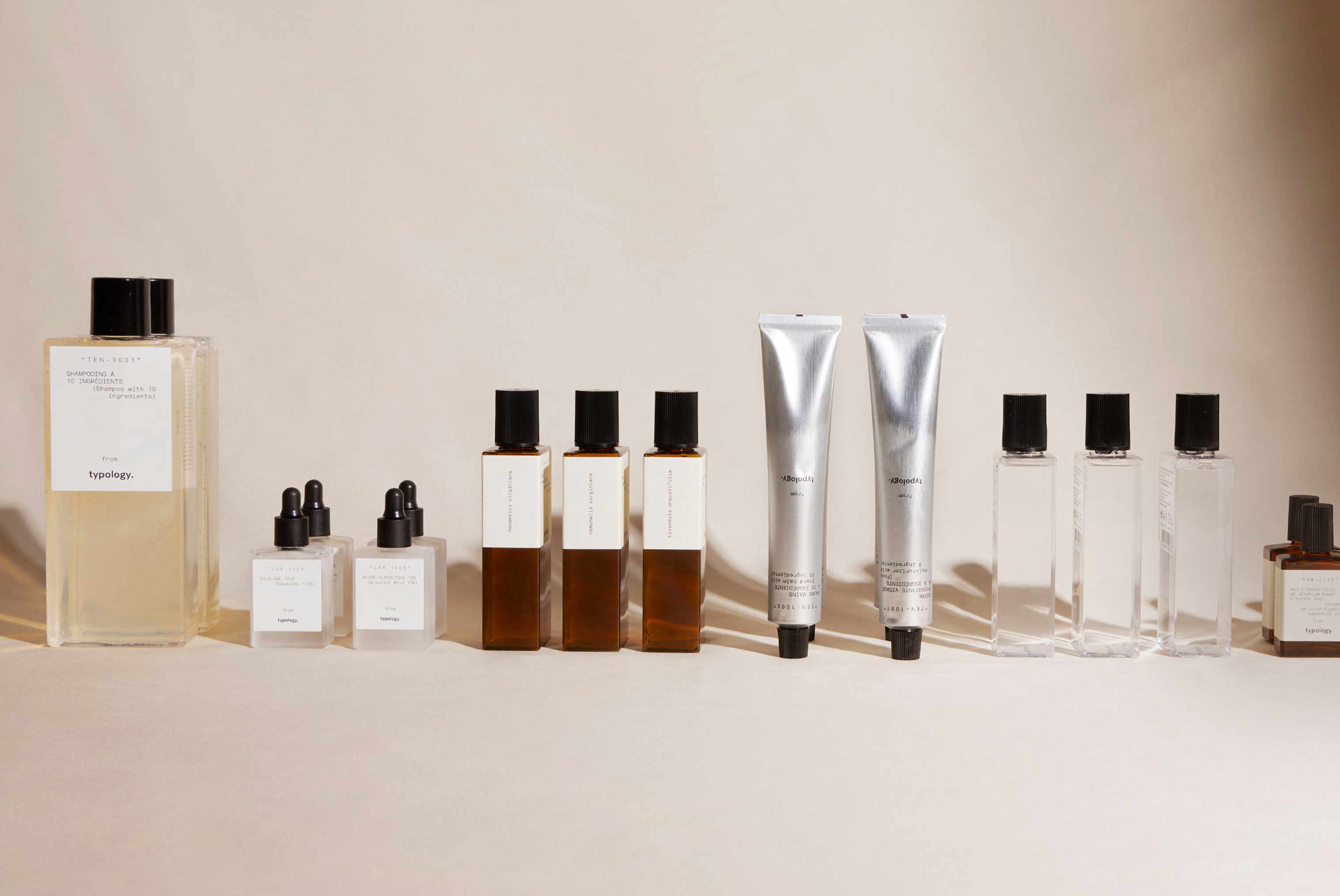
Lewis prefers crowdfunding over institutional capital. “The best person to crowdfund already has experience running their own business, maybe they’ve even had a previous exit,” she said. “They don’t want institutional money, and they don’t want or need to be professionalized.”
Lewis cautions that crowdfunding isn’t easy. She figures it takes the same amount of time and due diligence as pursuing institutional funding.
“You’re going to have to go through an audit and file with the SEC. You’ve got to promote the campaign, and you’ve got to close it. Then you’ve got to file your annual report,” she said. “But the thing with crowdfunding is you can set the terms, and you’re not dealing with nasty preferred equity clauses that may give your investors a 2X multiple or 3X multiple before anyone else gets paid.”
Future Growth
Provence Beauty has two-year exclusive arrangement with Ulta scheduled to expire next January, the self-funded brand is in talks to expand its retail network throughout the United States, Canada and Britain. While it’s open to taking investment to fuel future growth, it isn’t in a rush to do so.
With strong DTC expertise to draw from, Li is laser-focused on Typology’s e-commerce business before a potential segue into retail. “From my perspective, DTC is a very powerful channel. It’s not easy to do it well, but so long as we are growing nicely, and we’re profitable, I think it will always be a DTC-first brand,” he said. “Retail can then come as a complement and supplement.”
So far, Typology’s strategy seems to be working. According to Li, it’s been the bestselling online skincare brand in France for the past two to three years. Expansion into Germany and the U.S. have proved fruitful, the brand has struggled to gain a foothold in the United Kingdom, where Brexit has made it challenging to affordably import goods from mainland Europe.
Last year, CurlMix generated $10 million in sales. This year, it’s aiming for $30 million in sales between its primary sales channels, including DTC, Ulta and Amazon. At the moment, CurlMix’s site drives about 90% of its sales.
“There’s a lot of conversation around profit now,” said Lewis. “It was never really my focus because people always asked about growth. So, I may have to sacrifice some growth so that we can just focus on profitability. I’m fundraising now to give myself some runway to get there and to grow the brand a little slower but more responsibly.”
